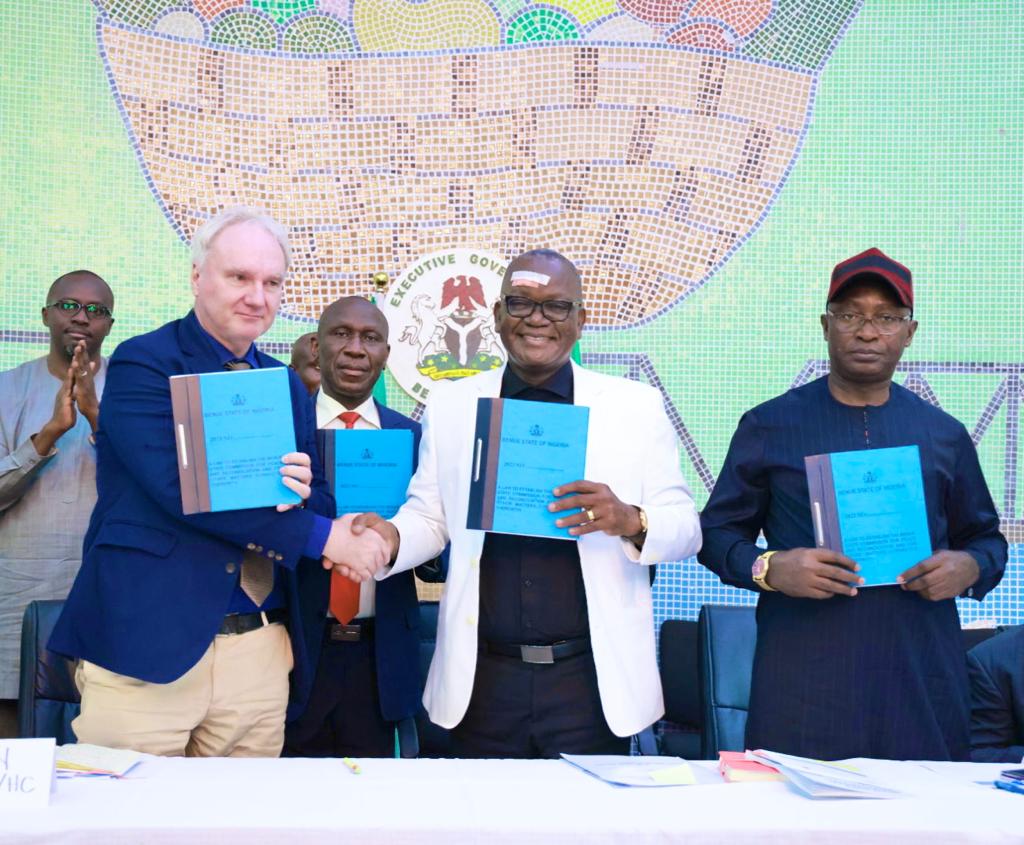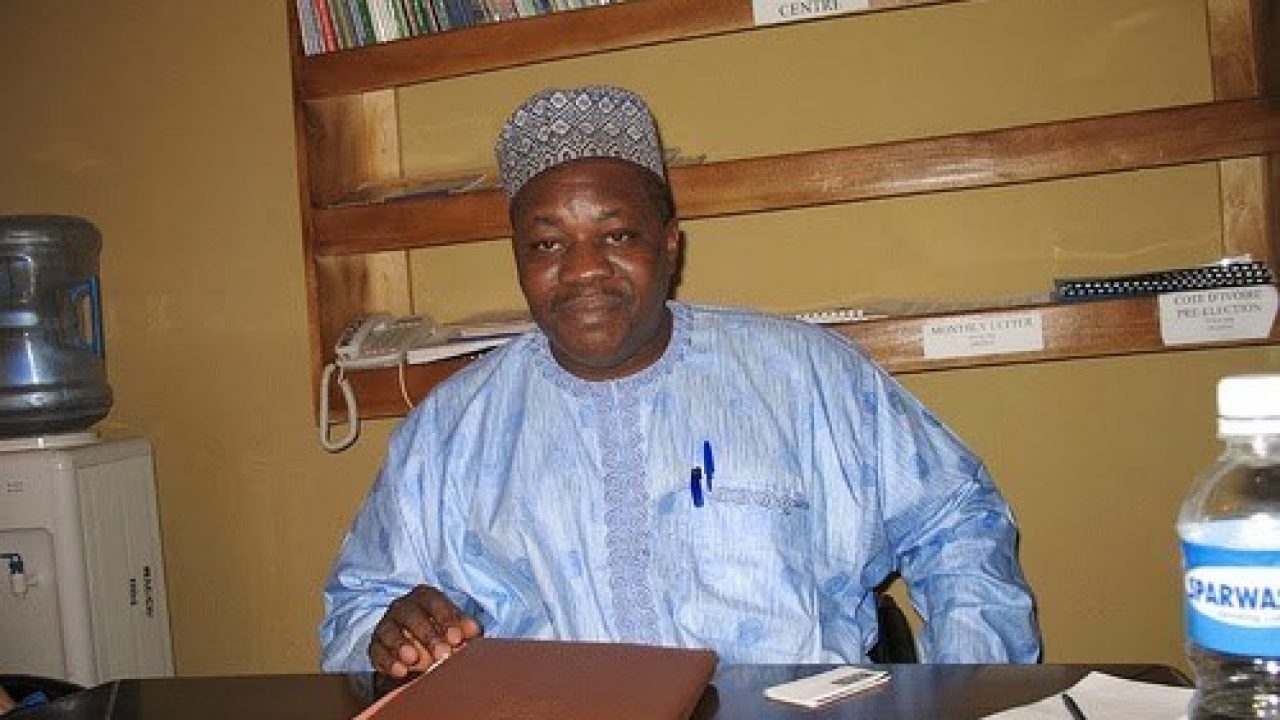2023 General Elections: Need for more awareness advocacies, By Andrew A. Erakhrumen
Prior to, and as at, 28th of September, 2022, various shades of subtle underground political campaigns and mobilisations were carried out all over Nigeria for the forthcoming 2023 general elections. This is a fact. There is no need for pretentiousness even as politicians will never own up – publicly. Politicians will be deceitful to be claiming that all their press releases, interviews in the print/electronic broadcast media, arguments and counter-arguments in traditional/social media, rallies, walks and other mobilisations/sensitisations of crowd, among others, undertaken before the aforesaid date were not variants of political campaign to, and mobilisation of, potential voters. The indiscernible difference, today, (in real terms) is associated with the official lifting of ban on political parties’ campaigns, on the 28th of September, 2022, by Independent National Electoral Commission (INEC) in line with its (INEC’s) scheduled timetable. As it stands, political parties, their members and other partisan individuals/groups can openly canvass for support and votes for themselves and their candidates. They can now publicly ‘demarket’ those they consider to be ‘unworthy’ of electorates’ votes. This is the usual pattern in Nigeria.
Cursorily, this seemingly seamless pattern of the transition into full-blown campaign season, highlighted above, may appear faultless if not well interrogated vis-à-vis the ‘negative’ occurrences that have been happening from the past. While everyone has an inalienable right to vote for or against any candidate on the ballot, efforts should be exerted by well-meaning Nigerians/non-Nigerians to ensure that the basis for voting should not be rooted in pedestrianism. These pedestrian influences are linked to campaigns and slogans that are tainted with “abusive language directly or indirectly, which are likely going to injure religious, ethnic, tribal or sectional feelings” using the words of Mamood Yakubu, INEC chairman, delivered on his behalf at a capacity building workshop. Yakubu went ahead to caution that “abusive, intemperate, slanderous or base language or innuendoes designed or likely to provoke violent reactions or emotions must not be employed or used in political campaigns”. As good as these words of caution are, we are aware that politicians will never listen. In fact, they do not like to play by the rules – in this clime!
It is in public domain that the 2023 general elections may collectively be a “make or mar” one! However, it is one’s prerogative to either agree or disagree with this opinion. Whatever the outcomes of the earlier-mentioned elections are, it is, for now, very important to increase awareness advocacies towards empowering the electorates to be able to hold politicians to account when they get into power. The 2023 and future elections should be helped to not go the way the past ones went: where so much unchallenged inanities and vague promises were dished out to the people; where outright lies and unachievable promises were fearlessly propagated by politicians; where campaign promises were recklessly abandoned as being unimplementable; where documented and well-publicised campaign promises were flatly repudiated; where, after getting into office, campaign promises were termed as ‘figment of imagination’ of over-zealous supporters/members of office-holders’ political party. These and other ‘fraudulence’ got executed because those politicians expected no repercussion for their future political career. They do not mind those obvious barefaced lies to the electorates. Thus, these frauds must not be allowed to continue!
Stopping these frauds, or not, will depend, largely, on the kinds of issues the electorates allow to dominate political discussions during this season for campaigns. The people should ‘wake up’, open their eyes widely and resist politicians’ antics of hoodwinking, arm-twisting and railroading them into the earlier-mentioned pettiness that diverts their attention from major issues collectively affecting their lives. We are neither interested in the clothes/cologne politicians wear nor are we interested in how their living room(s) look(s) like! We are not interested in the vehicles they drive or are chauffeur-driven in! We are not interested in the night club they visit! We are not interested in the number of pubs they visit and/or drinks and food they purchase therefrom for themselves and others! We are not interested in the roasted maize and plantain they consume on the streets to deceive the unwary voters! These and many similar others are pure inanities! Please, the electorates should not be interested in these inanities! They should be interested in politicians’ manifestoes. Candidates of all the political parties should be invited to organised debates where salient issues affecting the broad spectrum of Nigerians will be unambiguously addressed.
Any candidate disinclined to engaging in open debates should not expect to be considered serious by the electorates. We are tired of the deliberately-designed rowdy and noisy political carnivals where the dominant activities are smear and mud-slinging! We said through an earlier intervention that “…..all politicians do is to dole out peanuts and engage in political campaigns that are long on sleaze and short on substance!” It should no more be acceptable for politicians to just promise that “I will do this” and “I will do that”. He/she should say how he/she wants to do “this and that” in concrete verifiable terms with clear timelines. What Nigerian electorates should be interested in, now, are the concrete strategies politicians intend to adopt in tackling the challenges of hydra-headed insecurity, deepening poverty and the ongoing widespread ‘official’ kleptomania and robbery (simply known as corruption) daily depleting Nigeria’s treasury! Nigerians should be able to hold them to their words and promises when in power. In short, as we said before and still maintain “…..electorates [need] to work together towards collective development of concrete social contractual agreements – having contents with verifiable timelines – between them and politicians. Yes, Nigeria is bereft of leadership vital for sustainable development! So, for violating agreements, electorates should invoke, and insist on, punishment(s) meant for politicians – at the polls.”
Unfortunately, in getting into power, politicians have been leveraging on the weaknesses associated with, and characterised by, the deliberately disempowered (educated and uneducated) voters. Hence, mass poverty in Nigeria is not accidental! It is strongly linked to sustained political chicanery! This is why they are banking, strongly, on vote trading in case rigging becomes difficult. With sincerity of purpose, the established retrogressive tradition – particularly since the 1999 version whereby politicians, by hook or by crook, get into office – must be dismantled. Yes, poverty has been clearly weaponised but vote-selling will help in weaponising it further! People should know, or made to know, that any politician that pays them for votes is their enemy! Simple! Such a politician will never deliver the public good that is being yearned for. The obsession of vote-buying politicians will be to ‘recompense’ themselves, and engage in prebendalism, once in power. We are calling on all stakeholders including the media to continue to assist in enlightening the public. While it should be said, times without number, that vote trading is, and will be, counter-productive, the people should also be enlightened that their focus should not only be on the national elections but also on local government, state houses of assembly and gubernatorial elections.




